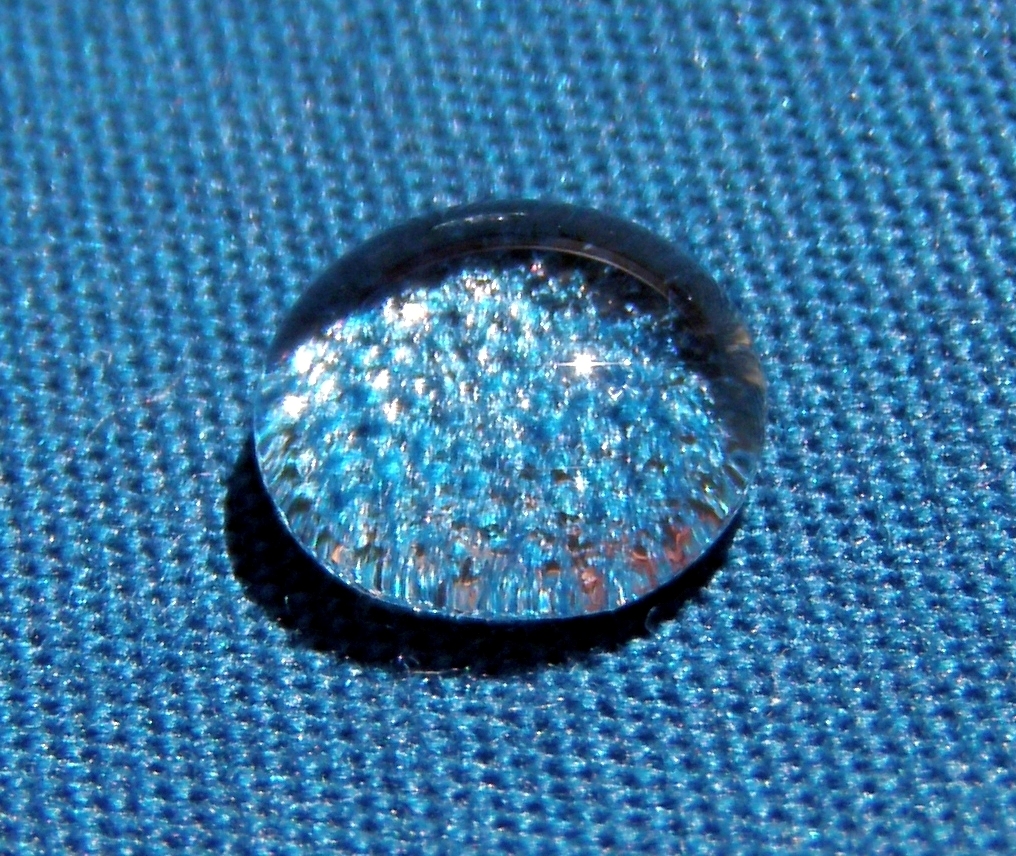Water is a poor conductor of electricity
The ability to conduct electricity is defined by a substance’s ability to carry a stream of electrons. In order to do this, there needs to be free moving ions present (i.e atoms or molecules that have a charge). Water can carry a charge because some of its molecules dissociate.
This will naturally occur in any solution of water, in what is called an equilibrium reaction. But only one in every 500 million water molecules dissociates, meaning there are only minute numbers of free ions actually capable of carrying a charge. However, those few ions are enough to cause death by electrocution, if an electric appliance is dropped into water.
Water has a fourth state of matter
Most substances can exist in three different states: solid, liquid or gas. But water has been shown to behave oddly when under conditions of extreme confinement, at around 5 angstroms worth of space (or 5.0 x 10-8 cm). For comparison, the width of an average human hair is 1.0 x 10-3 cm. When water molecules are squeezed into such tight spaces they exhibit ‘tunneling behaviour’, which some researchers have likened to ghosts walking through walls. This should be impossible but at a quantum level it seems the laws of physics start to blur.
There are three ‘types’ of water
Most atoms have several different forms, determined by slight alterations in weight, called isotopes. Atoms are made up of three different subatomic particles: neutrons, protons and electrons. If you change the number of protons in an atom you change the element. But when you change the number of neutrons in an atom you create a different isotope. Hydrogen exists in three stable isotopes. The most common has no neutrons at all, and is simply called hydrogen. If you add one neutron, it’s called deuterium and has double the mass of hydrogen. Adding one more creates titrium, which is radioactive. A water molecule made out of two deuterium atoms and one oxygen molecule is called ‘heavy water’: unlike hydrogen, it doesn’t capture neutrons, merely slows them down.
This property means it can be used in nuclear power plants to moderate nuclear fission.
Image: Brocken Inaglory via Wikimedia
| Brocken Inaglory |

